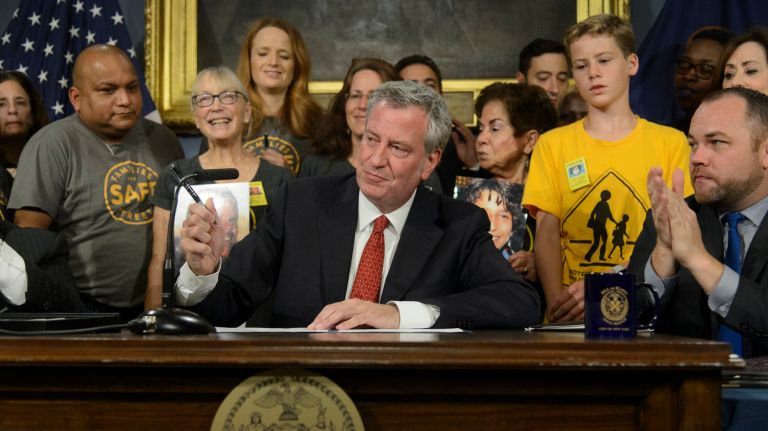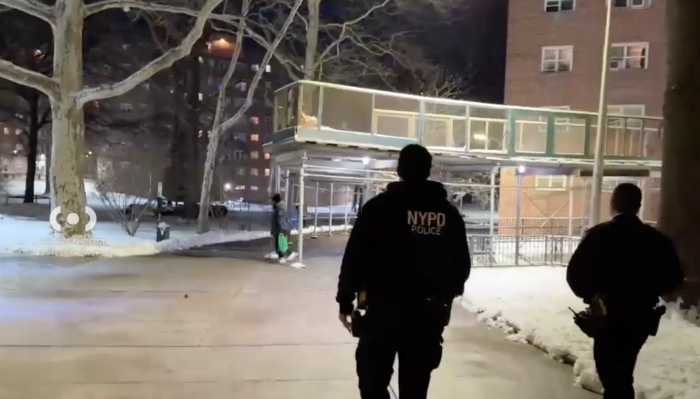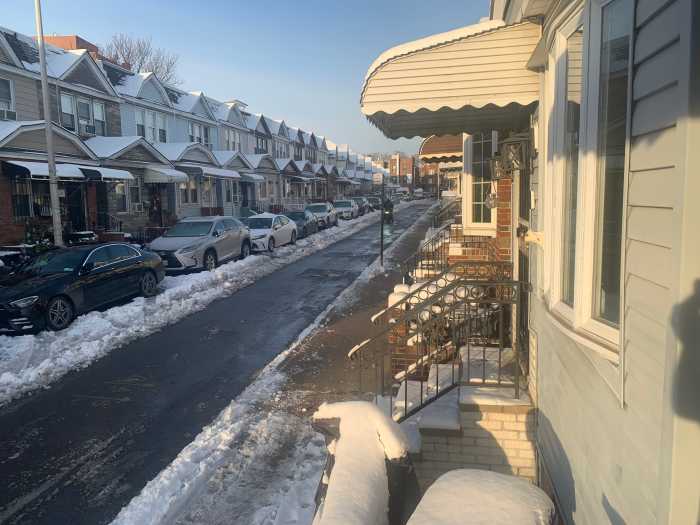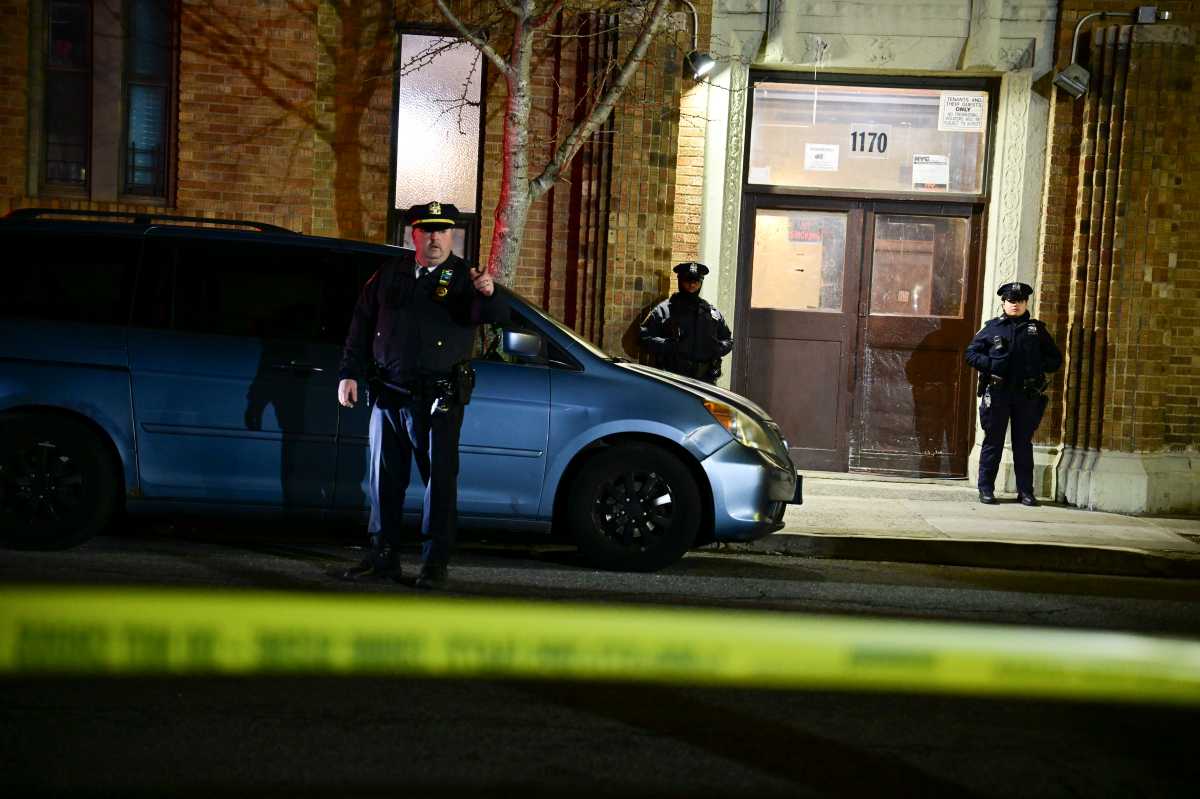
The pen has lost some of its might at City Hall, at least when it comes to legislating.
Last year, Mayor Bill de Blasio signed 20 percent of the laws added to the city’s books. The bulk of measures — roughly 80 percent — matured into law 30 days after the City Council sent the bills to the administration because the mayor declined to sign or veto them.
That is significantly less scrawling from a man who, in 2016, signed 97 percent of new laws and in 2017 put his pen to paper on 61 percent, according to amNewYork’s analysis of the council’s legislative database, Legistar.
Both the mayor’s office and Council Speaker Corey Johnson’s staff have shrugged off de Blasio’s relatively rested right hand, with de Blasio’s team saying there is no correlation between his level of commitment to the matter at hand and his decision to schedule a bill signing.
The mayor’s spokesman, Raul Contreras, said de Blasio treats all legislation that impacts the city seriously.
"… Bills that lapse into law don’t indicate a lack of support — it’s just a matter of scheduling," Contreras said in a statement. "Some pieces of legislation take time to fully implement, but we work and communicate closely with the City Council to ensure we meet the standards outlined in each bill.”
Johnson’s office did not directly respond when asked about the mayor putting pen to far fewer bills, but released a statement saying the Council concentrates on ensuring its mandates are enforced and implemented.
The lack of signings limits public accountability for the administration, according to City Councilman Rory Lancman, who said he could only speculate about what had prompted de Blasio to put down the pen.
"The public has a right to know where the mayor stands on the bills that the Council sends him," Lancman said, comparing the city executive’s actions to what he saw while working as a state lawmaker in Albany. "It’s an extraordinary circumstance when an executive lets a bill become law without signing it."
It was not immediately clear how the portion of laws signed by de Blasio compared to the rate under his predecessors.
Some marquee measures, many of which bear the mayor’s signature, have not been fully implemented, putting lawmakers in the position of having to advocate for their progress.
Earlier this month, de Blasio paused his annual State of the City address to sign an executive order creating an Office to Protect Tenants. He unveiled this mandate about 10 months after City Councilwoman Helen Rosenthal questioned why the city Department of Buildings had not requested funding to staff the Office of the Tenant Advocate, which was established by legislation she shepherded through City Hall in 2017.
Rosenthal said she was curious about what the mayor’s order would entail and how it may mesh with the prior mandate she said is now being fulfilled by the Office of the Tenant Advocate’s single staffer.
A mayoral spokesman said the Office of the Tenant Advocate within the Department of Buildings focuses exclusively on construction and repair-related concerns, whereas the Mayor’s Office to Protect Tenants handles an array of issues.
"I’ve passed a fair amount of legislation, and I would say that there have been challenges with implementation," Rosenthal continued, highlighting another law she sponsored that requires periodic reports on the demographics and legal case characteristics of those in city jails, with the intention of flagging people detained for extensive periods of time. "Lawyers are using the report to identify specific people to help and for advocacy, but that’s an example where we really had a comprehensive vision, and I would say … they’re 70 percent of the way there."
The Mayor’s Office of Criminal Justice said it was complying with the law by releasing data "to the extent such information is available," as written into the legislation.
Another initiative frequently mic-checked by the mayor — the Right to Counsel — has lagged for the few thousand public housing tenants who annually face administrative trials. Technically, the law requiring that all low-income residents facing evictions have access to legal services by August 2022 is subject to budget negotiations.
The measure otherwise ordered the city, by October 2017, to establish a program that provides legal services to people in NYCHA administrative court and later ensures that all eligible NYCHA residents have access to it.
Legal Aid Society, which hired two individuals to represent NYCHA tenants in administrative proceedings, said it is still waiting for the city and housing authority to schedule administrative hearings in batches for the rollout, initially slated to serve senior citizens. For now, the Legal Aid Society has one person independently representing NYCHA residents in administrative proceedings and another currently stationed in a different role, according to the organization’s attorney-in-charge of the Law Reform Unit, Judith Goldiner.
The city claims it has complied with the clause because last fiscal year 300 households involved with administrative hearings accessed legal services, though not necessarily at the site of the proceedings: 250 Broadway in Manhattan.
"There’s Right to Counsel, which is supposed to be at 250 Broadway, with assigned counsel, that’s willing — they’re ready and willing — to take your case. What they’re talking about is some random NYCHA tenants could call Legal Aid or Legal Services and maybe they’ll get an appointment, and maybe one of those places will represent them," said Goldiner.
Mark Levine, who introduced the Right to Counsel legislation, said he envisioned NYCHA residents connecting with the legal representation at 250 Broadway, and was "cautiously optimistic" that was close to happening.
The councilman said he was more perplexed about why the city Department of Transportation had not yet studied congestion caused by truck deliveries in Manhattan’s central business district, which was required by the end of June 2018 under legislation he sponsored. The department said the examination would be out in early 2019.
Other measures mandating reports have gone unmet or encountered delays, including: annual reports, required in the wake of fatal gas explosions, outlining gas companies’ assets and investment priorities; regular lists of civil cases filed against the city Department of Correction or its personnel; an environmental mandate to assess whether it would be cost effective to outfit new or retrofitted city buildings with geothermal heating and cooling systems and one to convene a justice advisory board to work with city agencies on plans to address pollution disparities.
“Making real change for the future of our City won’t be possible without the tools mandated under these laws," the council’s Environmental Protection Committee Chair, Costa Constantinides, said in a statement referencing the eco-minded measures. "I hope we can see these reports, and more importantly their findings, sooner rather than later to make this a better place for everyone."
A council spokeswoman said looking at the sheer volume of legislation it was vaulting over to the administration showed that a relatively small number of laws have not been implemented, pointing out that it had passed about 800 bills from 2015 to 2018. Since 2000, lawmakers have passed more than 100 bills a year on only two other occasions, according to a review of Legistar data.
Council members monitor bill implementation through oversight hearings, where, typically, administration officials answer questions under oath. The body held about 200 such hearings in 2018, the council spokeswoman said.
Beyond forcing public scrutiny, lawmakers can sue, as Lancman has done, in a bid to get the court to force the administration to comply with a law requiring periodic reports on how many are arrested for alleged fare evasion at each subway station. The mayor declined to veto the bill, but once it was on the books, the police flouted it, citing safety concerns.
“One of the New York City Council’s chief responsibilities is to consider and vote on legislation on myriad issues facing the City, and we anticipate every local law that we enact will be enforced," said council spokeswoman Breeana Mulligan in a statement. "That said, when a local law isn’t properly implemented, we will exercise our oversight responsibilities and hold the administration’s feet to the fire."






































